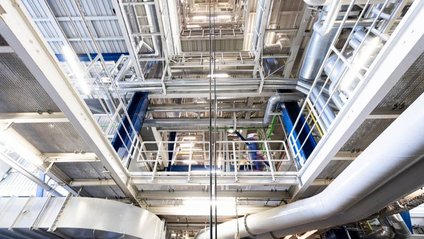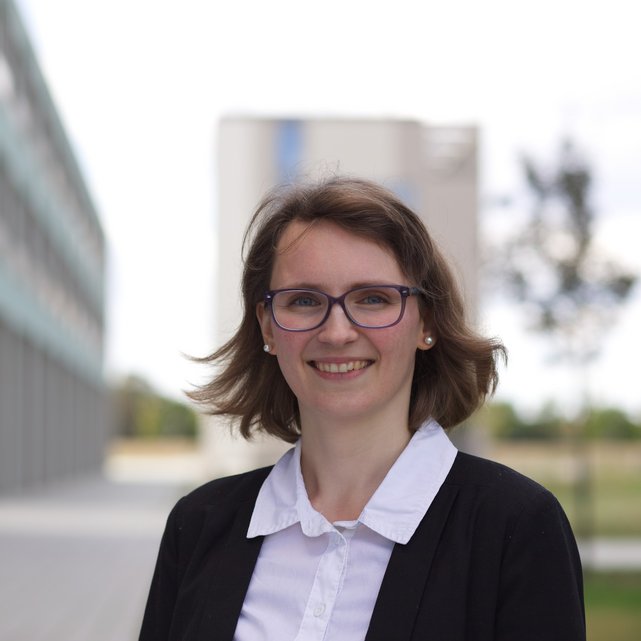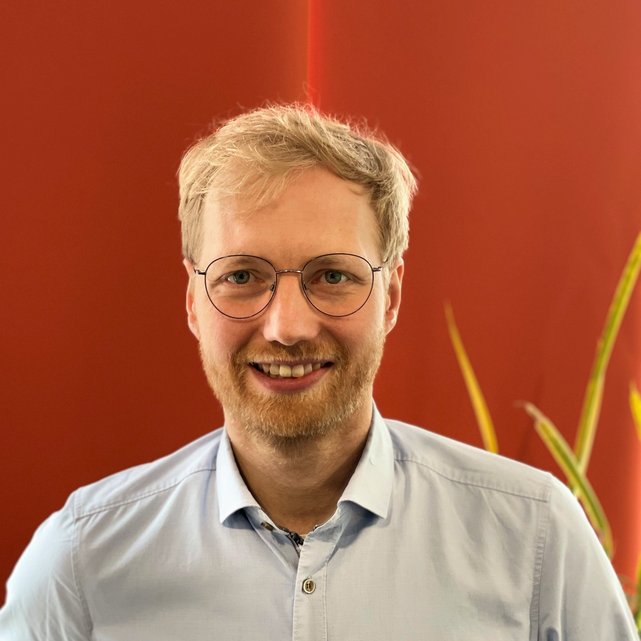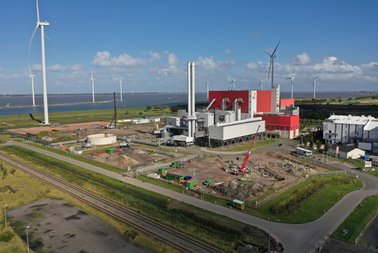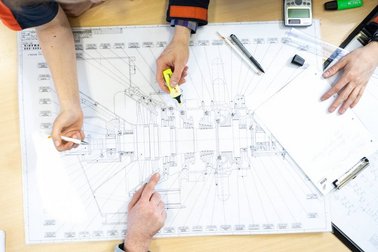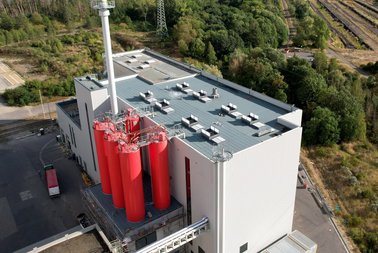‘Waste combustion boiler 4.0‘
Efficient waste combustion contributes considerably to increasing the sustainability of resource use. Together with Leibniz University Hannover and Carl von Ossietzky University Oldenburg, we are developing digitalised methods to optimise the operational management of steam generators in energy from waste plants.
To make the combustion as efficient as possible, we must find a sensible ratio between the various target values. Waste throughput, electricity and heat production, emissions and maintenance downtimes must be taken into account. Against this backdrop, the “waste combustion boiler 4.0” project focuses on digitalisation and holistic operating characterisation of steam generators in energy from waste plants. The project takes a new approach to operations monitoring and is supported by Germany’s Federal Ministry for Economic Affairs and Climate Action (BMWK). It no longer considers just the various target values but also the operation of the combustion control system as a whole.
The project employs machine learning and image recognition processes as well as physical-statistical models. Together with the two universities, we are pursuing two objectives: developing an improved operating point assessment for the steam generator as well as developing methods to optimise steam generation overall.
Specifically, tests are being carried out at the Hannover site to see if using cameras to film the waste as it is fed into the combustion process can help to predict the calorific value. The aim is to prevent future disruptions in the operations, such as load drop-offs, which not only lead to reduced efficiency but can also cause emission limits to be exceeded in some circumstances. To determine the time delay between the feeding of the waste and the combustion process, we have already carried out tests in which we also assessed the accuracy of various methods to calculate calorific value.
In addition, this project is also investigating whether the use of artificial intelligence can predict the level of impurities in the boiler a few days in advance. This would improve the planning of cleaning measures, especially explosive cleaning. The project is scheduled to conclude in summer 2023.
